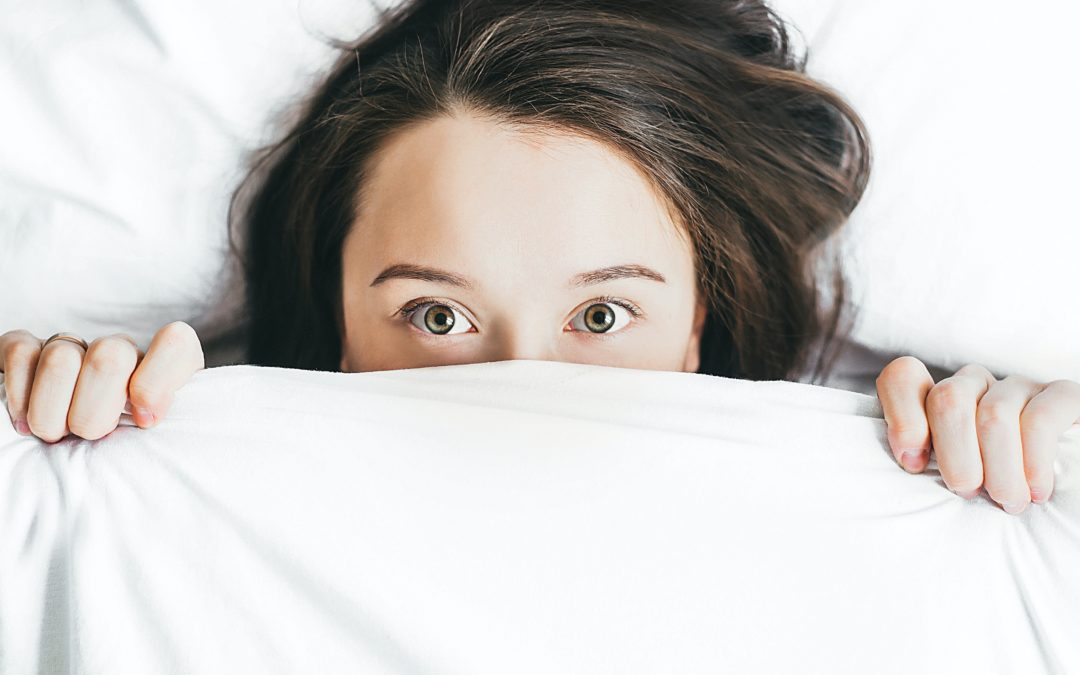After a long day at work or at home, you may be tempted to unwind with a glass of wine or your favorite alcoholic drink before bed. While an occasional drink can have a relaxing effect for some people, it can also interfere with the quality of your sleep and lead to more serious problems, including substance use disorder.
Having a drink before bedtime can negatively impact your sleep in the following ways:
- Disrupts REM sleep. Rapid eye movement or REM is the stage of sleep during which we dream. It is essential for restoring our bodies and minds. When you consume alcohol before bed, REM sleep can be disturbed, and this can cause sleep to be more fragmented and less restorative. When this happens, you may wake up feeling groggy and tired the next day.
- Results in more nightly awakenings. For some people, consuming alcohol before bed can make them feel sleepy initially, but it can negatively impact the sleep cycle by causing more wakeful periods during the night. Alcohol can cause the body to release cortisol, a stress hormone, that can interfere with the ability to stay asleep.
- Worsens symptoms such as snoring. Drinking alcohol before bed can also worsen snoring and sleep apnea. Both of these conditions can interfere with the quality of your sleep and cause interruptions in your breathing throughout the night.
- Causes dehydration. Since alcohol is a diuretic, it increases the amount of urine your body produces and leads to dehydration. This can cause a disruption in your sleep since you may need to wake up during the night to use the bathroom.
Ways to Improve Your Sleep Habits
Sleep is important for restoring your body and mind. By prioritizing good sleep habits, you can improve your overall health and well-being. Consider the following tips that can help improve the quality of your sleep without relying on alcohol:
- Incorporate various relaxation strategies into your nightly routine. This can include meditation, yoga, reading a book, or taking a warm bath.
- Keep on a consistent sleep schedule and try to go to bed and wake up at the same time each day. This can help regulate your body’s natural sleep-wake cycle and make it easier to fall asleep faster and stay asleep longer.
- Avoid caffeine, nicotine, and electronic devices before bedtime. These all can interfere with the quality of your sleep and make it harder to fall asleep.
- Create a comfortable sleep environment. Dim the lights, replace old pillows, and create a space that is relaxing and comfortable for sleep.
Signs of a Substance Use Disorder
Regularly drinking alcohol at bedtime and sleeping poorly as a result can lead to decreased productivity, increased stress levels, and a weakened immune system. Chronic alcohol consumption can lead to serious health problems as well, such as liver damage, heart disease, and an increased risk of certain cancers. It can also have negative effects on your mental health. The need to drink alcohol nightly can indicate a substance use disorder.
Other signs that indicate it’s time to address your nightly drinking habit include:
- Craving alcohol and feeling like you need it to relax or fall asleep
- Waking up groggy or having blackouts due to drinking before bed
- Needing to drink more each night to achieve the same effects and finding that you are increasing the amount of alcohol you drink each night to fall asleep
- Experiencing symptoms of alcohol withdrawal such as anxiety, irritability, nausea, sweating, or tremors if you try to stop drinking
- Neglecting important responsibilities because of your nightly drinking
- Continuing to drink despite negative consequences, such as having financial or legal troubles, or problems with your relationship
- Increasing your drinking, not only at night, but throughout the day
Reach Out for Help
If you or a loved one are struggling with a substance use disorder, don’t be afraid to reach out for help. At Twin Lakes Recovery Center in Monroe, Georgia, we can help put you on the path to long-term and lasting recovery. We offer a variety of treatments and programs for people of all ages, including inpatient residential treatment, medically supervised drug or alcohol detox services, and a family recovery program. To learn more about what we offer, please contact us today to discuss your options.




